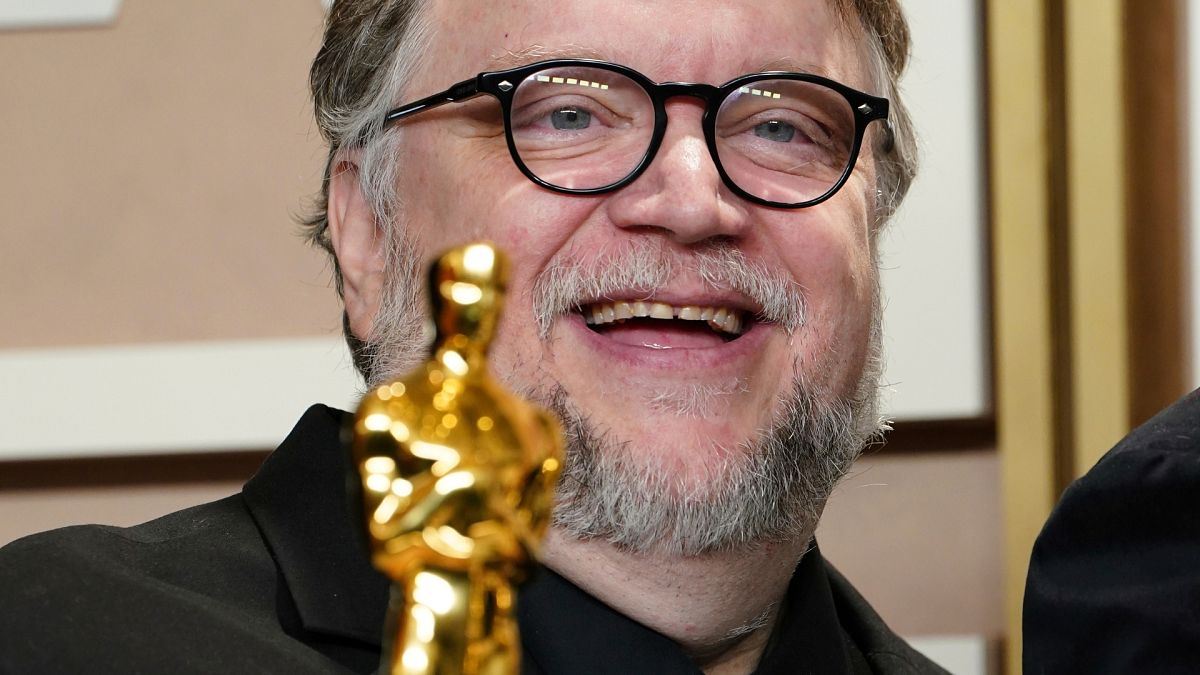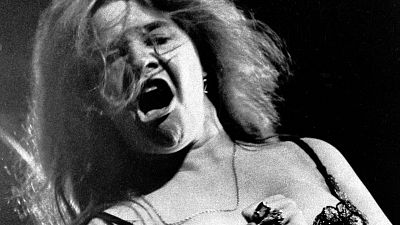9 October 1964: Guillermo del Toro’s birthday
On this day in Guadalajara in 1964, one of Mexico’s greatest directors of the 21st century was born. Alongside Alfonso Cuarón (Y tu mamá también, Children of Men, Roma) and Alejandro González Iñárritu (Babel, Birdman, The Revenant), del Toro has made incredible large scale films that have conquered Hollywood.
From simple beginnings shooting short films on his dad’s Super 8 camera, del Toro quickly grew to become a defining feature of the early 00s’ comic book cinema scene.
He’s grown to cover films about topics from the Spanish Civil War to his fascination with outsiders and the horror genre. At one point, he was tipped to direct the live-adaptations of The Hobbit films and he’s won eight Academy Awards.
On his birthday, let’s take a quick look at – in my opinion – the best five films by Guillermo del Toro.
5. Hellboy II: The Golden Army (2008)
This is a personal list, so sue me if you disagree. While del Toro’s first film in his cut-short trilogy of Hellboy adaptations felt gritty, witty and unique at the time, since 2004 so many copycats have come along that it’s qualities don’t shine quite as bright anymore.
Not so for this sequel. Del Toro doubles down on all his del Toroisms to create a weird and wonderful world of animatronics, puppetry and other practical effects. The result is a vivid world of the supernatural that still feels entirely unique among the slog of superhero CGI we’re often plagued with today. Oh, and Ron Pearlman is inspired casting, as ever.
4. The Shape of Water (2017)
Begrudgingly I’ve included The Shape of Water in this list. In all honesty, I find the film saccharine and entirely surface level. However, it’s hard to ignore the tons of awards that were heaped on del Toro’s critical darling.
Credit where credit’s due, the tale of a humanoid amphibian (played by del Toro favourite Doug Jones) falling for a mute custodian (Sally Hawins) set against a Cold War thriller and featuring musical elements is hardly a boring choice for the Oscar voters. And many were moved by it. Maybe I should give it another go.
3. The Devil’s Backbone (2001)
Now we’re into the meat of the list. The Devil’s Backbone was del Toro’s first attempt to tackle the complex topic of the Spanish Civil War. Set at the end of the war in 1939, it follows a young boy left alone in an orphanage who is being visited by the ghost of a boy who’d died earlier in the war.
Del Toro’s finest quality is arguably his ability to bring the literary tradition of magical realism exemplified by Colombian writer Gabriel García Márquez to the screen. The surreal meets horror meets realistic trauma. It’s an early example of del Toro’s brilliance at using imaginative flourish to bring our own reality into clarity.
2. Pinocchio (2022)
In a year when Disney rehashed its own beloved Pinocchio film for a cynical cash-grab, del Toro managed to craft a beloved re-imagining of the classic story. Del Toro sets the action in Fascist Italy and locates Geppetto’s motivation to create the puppet as a result of the grief of losing a child in war.
Alongside the traditional story, is del Toro’s own additions in creating a gloriously stylistic depiction of the afterlife. The final result is something unlike any version of Pinocchio before. It’s a personal story that takes a classic children’s tale and finds catharsis over life, death, and war.
1. Pan’s Labyrinth (2006)
It could only be this. The second time del Toro tackled the Spanish Civil War, this time setting it in the years after under Franco’s tyranny. This time, the magic of del Toro comes when Ofelia, a little girl, discovers a magical faun who lures her into a mystical labyrinth with the promise she is the reincarnation of a lost princess.
Del Toro’s dark fairytale is the apex of his talents. Pan’s Labyrinth has all the magic, all the trauma of war, and all the astounding design. It’s one of the bleakest settings he’s created, as Ofelia navigates the repugnant horror of war and the unsettling mirrored horror of her magical alternative world.



